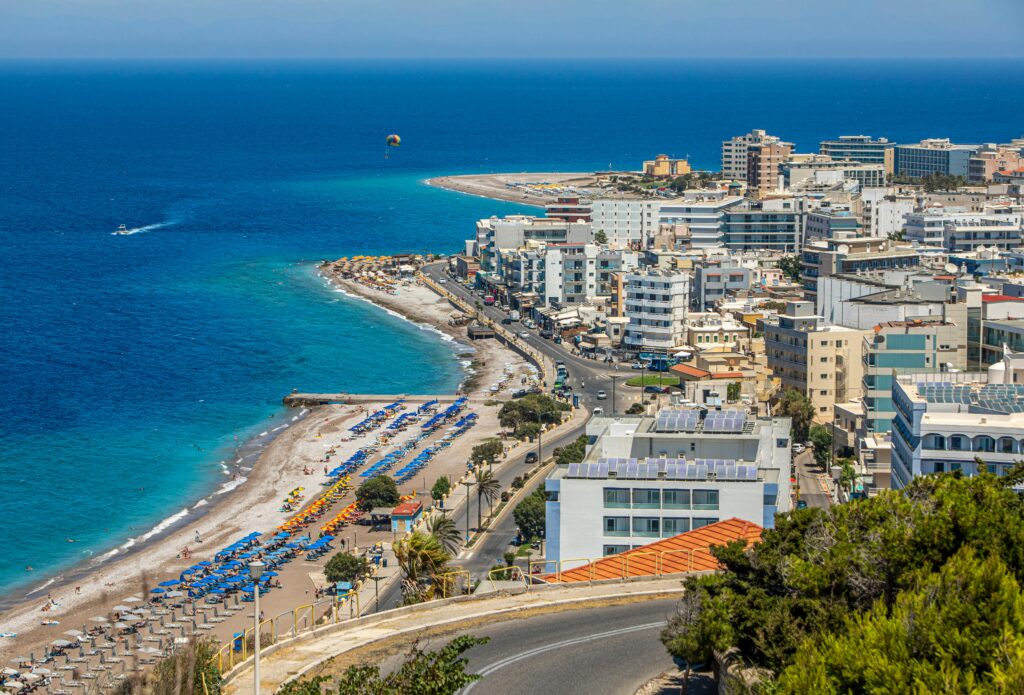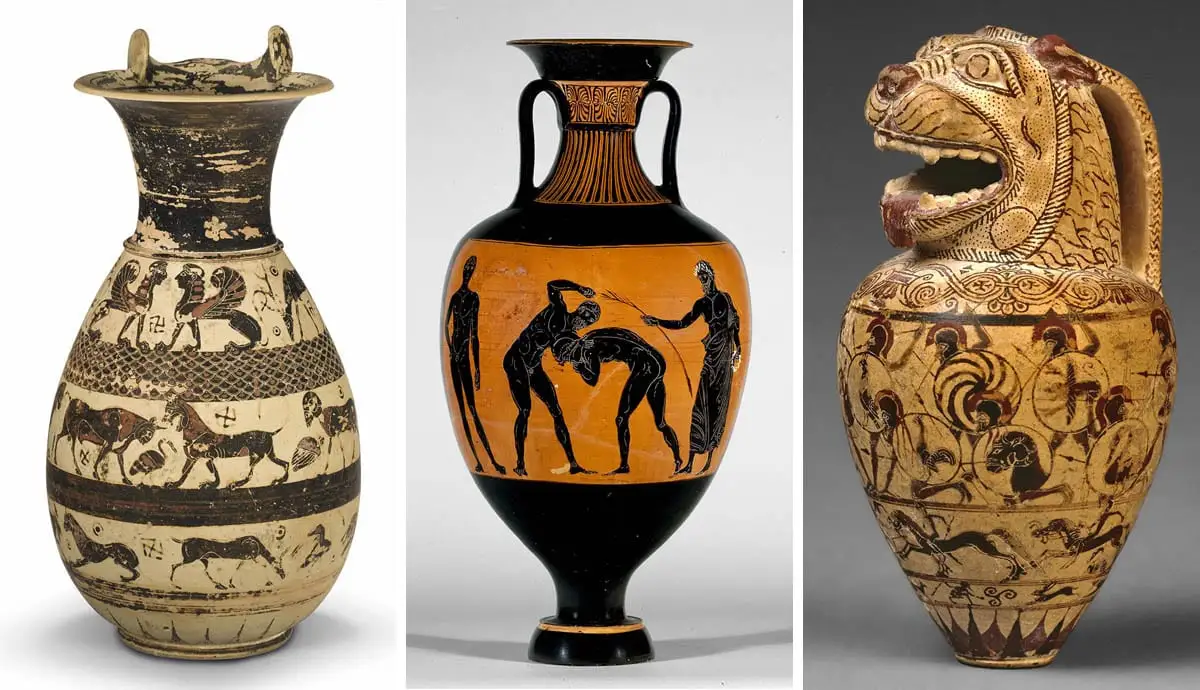I. Introduction
Cyprus, a jewel nestled in the eastern Mediterranean Sea, boasts a rich tapestry of history, culture, and natural beauty. From ancient ruins to pristine beaches, this island nation captivates visitors with its allure and significance. In this article, we’ll embark on a journey to explore the enchantment that Cyprus offers, delving into its historical gems, natural wonders, culinary delights, and cultural fusion.
II. Cyprus: A Historical Gem
Ancient Civilizations and Heritage
Cyprus’s history dates back to ancient times, with evidence of human settlement from the Neolithic period. The island has been influenced by various civilizations, including the Phoenicians, Greeks, Romans, and Byzantines.
Phoenician and Greek Influence
The Phoenicians played a significant role in Cyprus’s early history, establishing colonies and trading posts. Later, Greek settlers arrived, bringing their language, culture, and religion, which had a lasting impact on the island’s identity.
Roman Occupation
Under Roman rule, Cyprus flourished as a strategic hub for trade and commerce. The Romans built cities, roads, and infrastructure, leaving behind impressive architectural remnants that still stand today.
Byzantine Era
During the Byzantine era, Cyprus became a center of Christianity, with numerous churches and monasteries dotting the landscape. Byzantine art and architecture flourished, contributing to the island’s cultural heritage.
UNESCO World Heritage Sites
Cyprus is home to several UNESCO World Heritage Sites, including the Tombs of the Kings, an ancient necropolis in Paphos; Choirokoitia, a prehistoric settlement dating back to the Neolithic period; and the Paphos Mosaics, renowned for their intricate designs and historical significance.
III. Cyprus: Nature’s Canvas
Beaches and Coastal Wonders
With its crystal-clear waters and golden sands, Cyprus boasts some of the most picturesque beaches in the Mediterranean. Fig Tree Bay and Coral Bay are popular destinations for sun-seekers and water sports enthusiasts.
Petra tou Romiou
Also known as Aphrodite’s Rock, Petra tou Romiou is steeped in mythology and folklore. According to legend, this rock formation is the birthplace of the Greek goddess Aphrodite, making it a symbol of love and beauty.
Troodos Mountains
Inland, the Troodos Mountains offer a haven for nature lovers and outdoor enthusiasts. Hiking trails wind through pine forests and picturesque villages, providing breathtaking views of the surrounding landscape.
Traditional Villages
Exploring Cyprus’s traditional villages offers a glimpse into the island’s rural charm and cultural heritage. From the stone-built houses of Lefkara to the vineyards of Omodos, each village has its own unique character and allure.
IV. Cyprus: Culinary Delights and Cultural Fusion
Gastronomic Adventures
Cyprus is a paradise for food lovers, with its diverse culinary offerings influenced by Greek, Turkish, and Middle Eastern cuisines. A highlight of any visit is the meze dining experience, where a variety of small dishes are shared and savored.
Halloumi Cheese Tasting
No trip to Cyprus is complete without sampling its famous halloumi cheese. Made from a blend of sheep and goat’s milk, this salty and squeaky cheese is a beloved staple of Cypriot cuisine.
Cultural Festivals and Events
Throughout the year, Cyprus hosts a plethora of cultural festivals and events that celebrate its heritage and traditions. The Limassol Carnival, Kataklysmos Festival, and Larnaca Festival are just a few examples of the vibrant festivities that take place across the island.
V. Conclusion
In conclusion, Cyprus is a treasure trove of history, natural beauty, and culinary delights waiting to be discovered. Whether you’re exploring ancient ruins, relaxing on sun-drenched beaches, or indulging in local cuisine, this enchanting island offers something for every traveler. Has this article left you longing to visit or even live in Cyprus? Visit MySpace real estate agency to explore the best properties in this captivating destination and turn your dreams into reality!
FAQs (Frequently Asked Questions)
What is the best time to visit Cyprus?
The best time to visit Cyprus is during the spring (April to June) and autumn (September to November) seasons when the weather is mild, and tourist crowds are fewer. These months offer pleasant temperatures for outdoor activities and sightseeing.
Is Cyprus safe for tourists?
Yes, Cyprus is generally considered safe for tourists. However, like any destination, travelers should exercise caution and take necessary precautions to ensure their safety. It’s advisable to stay alert in crowded areas, safeguard personal belongings, and follow local laws and customs.
What are some must-try dishes in Cyprus?
Some must-try dishes in Cyprus include souvlaki (grilled meat skewers), moussaka (layered eggplant and minced meat dish), kleftiko (slow-cooked lamb), and loukoumades (fried dough balls dipped in syrup). Don’t forget to indulge in traditional Cypriot desserts like baklava and loukoumi (Turkish delight).
Are there any visa requirements for visiting Cyprus?
Citizens of the European Union (EU) and many other countries do not require a visa for short stays (up to 90 days) in Cyprus. However, travelers should ensure they have a valid passport and check visa requirements based on their nationality before planning their trip.




